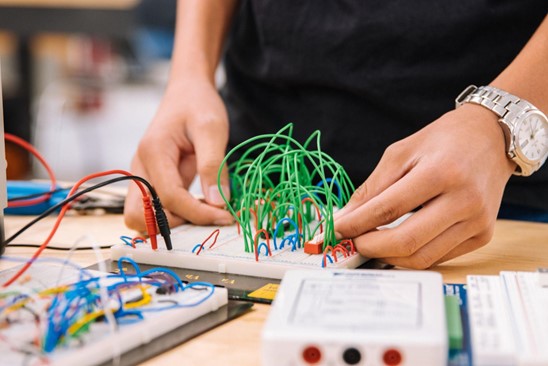Three focuses of my blog are Creating Ecosystems Of Success, Health/Wellness and General Education. Loneliness and isolation are powerful feelings and emotions which can have adverse effects on our personal healths. As such it’s important to know how to offset them. The following contributed post is entitled, 4 Tips For Feeling Less Lonely & Isolated.
* * *

Your mental health matters and is an important aspect of your overall wellbeing. The pandemic has made many people feel more isolated, lonely, and disconnected. Therefore, you’re not alone if you are feeling this way currently.
First, accept that this is what you’re experiencing, and then be prepared to take action so you can relieve some of the distress and discomfort that comes with loneliness. Review four tips for feeling less lonely and isolated so that you can hopefully disrupt and shake up your situation and emotions and get on a better path to feeling happy and connected, or at least content.
1. Learn Something New
One tip for feeling less lonely and isolated is to get excited about learning something new. You may have been busy in the past or too preoccupied to teach yourself a new skill. Use the time you have now to learn and grow as an individual and expand your mind. There are many opportunities out there that you can do by yourself or with others. For example, maybe you wish to take up photography, sign up for a cooking class, or learn a new language.
2. Invest in a Good Phone
You can feel more connected and stay in touch with others by investing in a good phone. This way you can hop online to read, research, play a game, or watch a funny video. In addition, there are online forums you can join and engage in conversations with people around topics you find interesting. You can also use your device to text, call, and email others so you feel less lonely and isolated. Going without a working phone may exasperate feelings of loneliness. Therefore, it’s always in your best interest to have a reliable and working phone so be sure to find cell phone repair services if your device breaks or needs to be fixed.
3. Find A Hobby
Another tip for feeling less lonely and isolated is to find a hobby you enjoy. It’s a great way to boost your knowledge, skillset, and confidence and you may end up meeting some nice, new people in the process. For example, you can teach yourself to build furniture and update your place or register for and play a team sport so that you can socialize with others. Getting exercise is also a great way to switch up your routine and can quickly boost your mood.
4. Get Out of the House
What’s most important is that you don’t sit around the house all day every day. It’s especially essential that you get out of the house if you work from home and live alone. Feel less lonely and isolated by coming up with a variety of excuses and ways to get out more. For example, you can go to a coffee shop, go shopping for clothes, take a walk in nature, or volunteer your time. Switching up your routine and getting a change of scenery will be good for you and will likely put a smile back on your face and help you feel more connected to the world.










